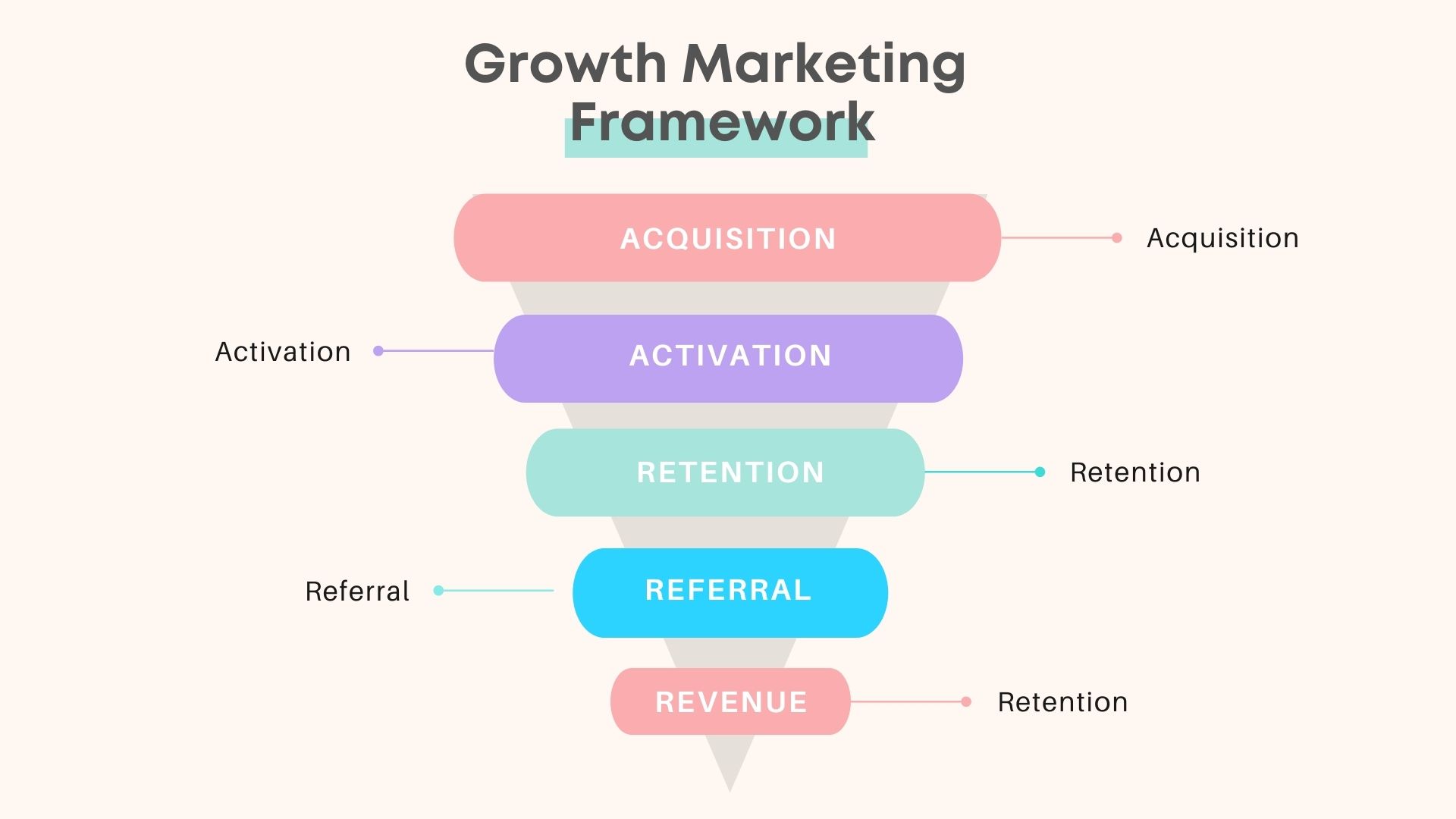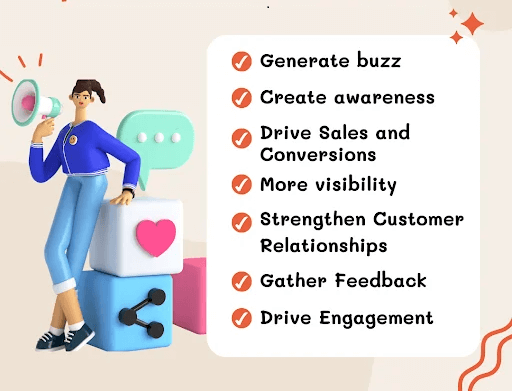
The real estate industry is a challenging and competitive environment. With the ever-changing market trends and demands of clients, property owners need to go the extra mile to unlock their properties’ potential and stay ahead of the game. This is where growth hacking comes in. In this article, we will explore the top 40 growth hacking strategies for real estate and how they can help you unlock your property’s potential.
Understanding Growth Hacking in Real Estate
Growth hacking is a technique that is typically used in the tech industry to rapidly scale user acquisition and retention. In recent years, it has become increasingly popular in other industries, including real estate. Growth hacking is an innovative approach to marketing that is focused on achieving exponential growth. It involves a mindset that prioritizes experimentation, agility, and creativity.
Real estate is a dynamic industry that is constantly evolving. Property owners and managers are always looking for new and innovative ways to attract more customers, increase revenue, and optimize the property management process. Growth hacking offers a unique set of strategies and techniques that can help real estate professionals achieve these goals.
What is Growth Hacking?
Growth hacking involves using data-driven experimentation, creativity, and innovation to achieve significant growth using minimal resources. Growth hackers rely heavily on analytics and customer feedback to make data-driven decisions that optimize the user acquisition funnel.
One of the key principles of growth hacking is the use of A/B testing. This involves creating two versions of a marketing campaign or website and testing them to see which one performs better. By constantly testing and refining their strategies, growth hackers can achieve significant improvements in user acquisition and retention.
Why Growth Hacking Matters in Real Estate
The real estate industry is highly competitive, and growth hacking gives you a competitive edge. By using innovative techniques and strategies, you can differentiate yourself from other property owners and attract more customers, increase revenue, and optimize the property management process.
For example, growth hacking can be used to optimize your website for search engines. By conducting keyword research and optimizing your website’s content, you can increase your visibility in search engine results pages and attract more organic traffic to your website.
The Benefits of Applying Growth Hacking Strategies
There are numerous benefits to applying growth hacking strategies in real estate. These include:
- Faster growth with minimal resources: Growth hacking techniques can help you achieve significant growth with minimal resources. By focusing on data-driven experimentation and creativity, you can achieve exponential growth without breaking the bank.
- Increased user engagement and retention: By optimizing your user acquisition funnel, you can attract more customers and keep them engaged with your brand over the long term.
- Improved customer experience: Growth hacking can help you identify pain points in the customer experience and address them proactively. By improving the customer experience, you can increase customer satisfaction and loyalty.
- Higher customer satisfaction and loyalty: By using growth hacking techniques to optimize your marketing campaigns and user experience, you can increase customer satisfaction and loyalty. This can lead to higher retention rates and more referrals over time.
In conclusion, growth hacking is an innovative approach to marketing that can help real estate professionals achieve significant growth with minimal resources. By focusing on data-driven experimentation, creativity, and innovation, you can differentiate yourself from other property owners and attract more customers, increase revenue, and optimize the property management process.
Digital Marketing Strategies for Real Estate Growth
Real estate digital marketing is a powerful growth hacking tool with a wide range of strategies that can help increase user acquisition, engagement, and retention. Here are some of the most effective digital marketing strategies for real estate:
Search Engine Optimization (SEO)
SEO is a critical growth hacking tool for real estate. It involves optimizing your website’s content and structure to rank higher in search engine results pages (SERPs) and attract more targeted traffic to your site. The higher your website ranks in SERPs, the more likely potential customers are to find and engage with your content.
SEO involves a range of techniques, including keyword research, on-page optimization, link building, and social media marketing. By optimizing your website’s content and structure, you can attract more targeted traffic, improve the user experience, and increase conversion rates.
Social Media Marketing
Social media marketing involves promoting your real estate brand and properties on social media platforms like Facebook, Instagram, and LinkedIn. Social media marketing is a powerful way to engage with potential customers and build brand awareness. By creating high-quality content that is valuable and engaging, you can increase user engagement and attract more customers.
Content Marketing
Content marketing involves creating high-quality content that is valuable, engaging, and informative. It is an effective growth hacking tool for real estate because it can attract more targeted traffic and increase conversion rates. By creating high-quality blog posts, videos, infographics, and other content that is relevant to your target audience, you can establish yourself as a thought leader in your industry and attract more customers.
Email Marketing

Email marketing is one of the most effective growth hacking tools for real estate. By creating high-quality email campaigns that are tailored to your target audience, you can increase engagement and conversion rates. Email marketing involves a range of techniques, including lead magnets, drip campaigns, and email newsletters. By using these techniques effectively, you can build a loyal customer base that is engaged with your real estate brand and properties.
Pay-Per-Click Advertising (PPC)
PPC advertising involves paying for ads on search engines like Google or social media platforms like Facebook. PPC advertising is an effective growth hacking tool for real estate because it can attract more targeted traffic to your website and increase conversion rates. By creating high-quality ad campaigns that target specific keywords and demographics, you can attract more qualified leads and increase revenue.
Leveraging Technology for Real Estate Success

Technology is rapidly changing the real estate industry, and property owners must stay on top of new developments to optimize their properties. Here are some of the most effective growth hacking strategies for real estate leveraging technology:
Virtual Reality and 3D Tours
Virtual reality and 3D tours are powerful tools for real estate growth hacking. By creating immersive virtual tours of your properties, you can improve the user experience and attract more customers. Virtual reality also enables potential customers to see your properties in a way that is engaging, informative, and interactive.
Mobile Apps for Property Management
Mobile apps for property management are a powerful growth hacking tool for real estate. By creating apps that enable property owners to manage their properties on the go, you can improve the user experience and increase customer engagement. Mobile apps can also enable customers to request information, schedule tours, or reserve properties in real-time, providing them with a seamless customer experience.
Customer Relationship Management (CRM) Systems
CRM systems are critical growth hacking tools for real estate. They enable property owners to manage relationships with customers and track their preferences and behaviors. By using CRM systems effectively, you can identify customer needs, optimize the sales process, and build long-term relationships with customers.
Artificial Intelligence and Chatbots
Artificial intelligence and chatbots are the cutting edge of growth hacking technology for real estate. By using artificial intelligence to analyze customer data and automate tasks, you can streamline your operations and optimize the user experience. Chatbots are a powerful way to engage with customers in real-time and provide them with personalized recommendations, providing a seamless customer experience.
In conclusion, growth hacking strategies are critical for unlocking your property’s potential in the highly competitive real estate industry. By implementing the digital marketing and technological growth hacking strategies discussed in this article, you can attract more targeted traffic, increase user engagement and retention, and optimize your operations to achieve exponential growth.
